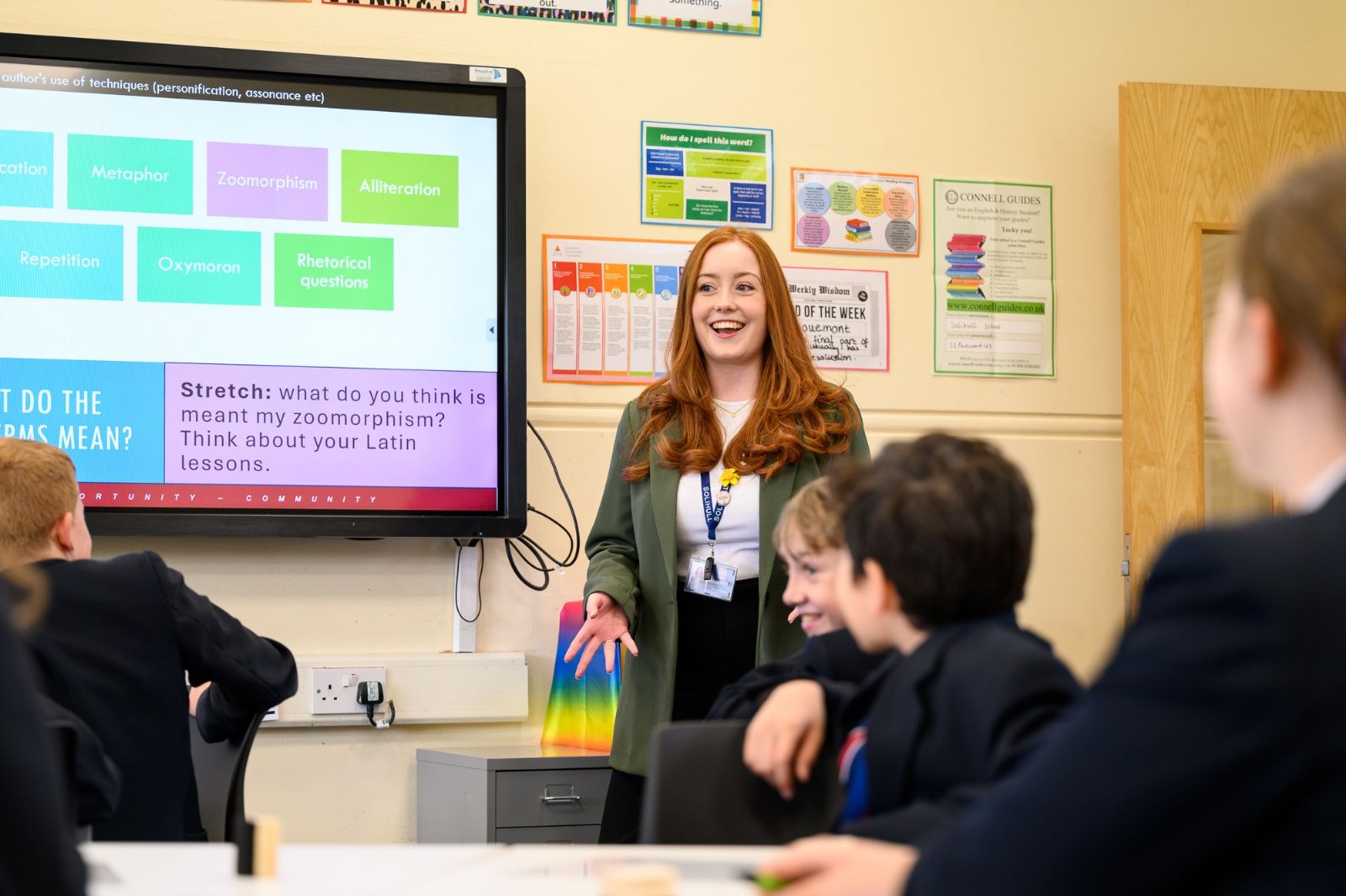Classics
Our Head of Classics is Mrs J Johnson

Curriculum
Lower School
We follow the Cambridge Latin Course Books 1-3 during these years, which takes the pupils from knowing no Latin at all to being able to confidently translate passages involving a wide range of vocabulary and grammar. During these years we also explore aspects of the Roman world, looking at gladiators, the baths and the military, and the towns of Pompeii, Deva (Chester) and Aquae Sulis (Bath) as well as the city of Alexandria, amongst other things. There is also a day trip to Cirencester for the Shell Form and a day trip to Bath for the Fourth Form.
Pupils in the Fourth Form also have the opportunity to study Classical Civilisation, and explore the wider Ancient World. We start by looking at warfare in the Ancient World, firstly focusing on the Greek Gods and their battle with the giants, before moving onto looking at the Persian Wars between Athens and Persia, and warfare and the Romans, focusing on the figures of Julius Caesar and the ancient Britons, especially the Druids and Boudica. Then we move onto literature and the story of the Trojan War, as told by Homer in the Iliad. We finish by exploring the Greek Theatre, and reading the great tragedy of Sophocles – Antigone.
We follow the OCR specification, which consists of two modules, Myth and Religion, where we explore the Greek and Roman.
GCSE
Latin
We follow the OCR specification, which consists of both language and literature. There is one unseen language paper and two set text papers. The course allows pupils to read original Latin, exploring how different authors create effects and moods.
Classical Civilisation
We follow the OCR specification, which consists of two modules, Myth and Religion, where we explore the Greek and Roman gods, including their major temples and festivals; look at the foundation stories of Athens and Rome, and how these states presented their power to the outside world; consider the universal hero, Herakles/Hercules, and think about death and the underworld in the Ancient World. In the second module, The Homeric World, we explore Mycenaean Life, as well as reading selections from Homer’s Odyssey.
Greek
We offer Greek GCSE off timetable and have over the past five years achieved top grades. Students pursue the OCR syllabus and have the opportunity to study the language and a verse and prose set text from Greek authors such as Homer, Euripides or Herodotus. Students who have the opportunity to do this generally flourish and the pursuit of this qualification enhances their profile for top university admission too.
A Level
Latin
We follow the OCR specification, which allows pupils to further develop their language skills and read longer and more sustained passages in the original Latin. A wide variety of authors is studied, including Cicero, Tacitus, Virgil and Ovid, to name just a few!
Classical Civilisation
We follow the OCR specification, which consists of three modules, the compulsory module of The World of the Hero, where we explore Homer’s Iliad and Virgil’s Aeneid, and then two further modules chosen from Greek Theatre, Greek Art, and Love and Relationships.
Greek
We offer Greek at A Level as part of the Classics curriculum. We pursue the OCR syllabus which includes an opportunity to take the language to a higher level from GCSE and to read set texts such as Homer's Odyssey, Thucydides and Plato in the original language. Students gain an in depth knowledge of the Greek world through their reading and their in-depth analysis of unseen translations, enriching their grasp of the accidence and syntax. Students find the challenge of Greek both enriching and stimulating and once again, the study of Ancient Greek enhances their profile for top university entry.
Click here to learn more about Latin and Classical Civilisation in the Sixth Form
Co-curricular Activities
The Classics Society regularly runs a wide variety of trips, including regular visits to the University of Birmingham to hear a range of leading academics speak, visits to museums and exhibitions, exploring Roman towns in Britain and outings to theatres to see Greek drama being performed. We also run residential trips to Greece, Rome and Pompeii on a two-yearly basis.
Destinations
In recent years, students have gone on to read Classics at Oxford, Cambridge, Durham, Birmingham and Nottingham.

